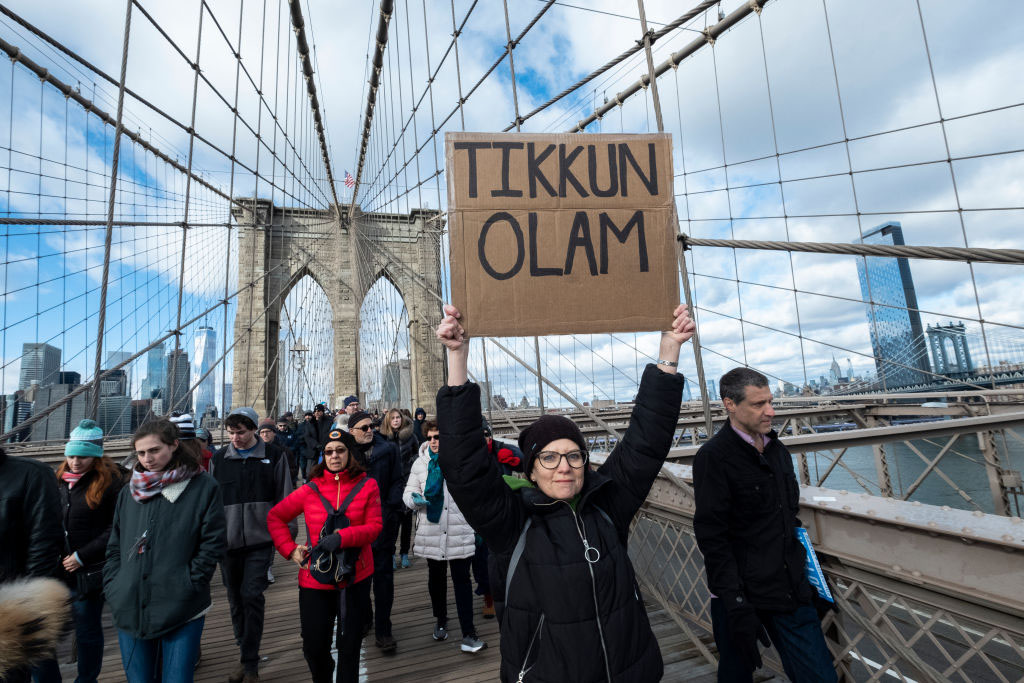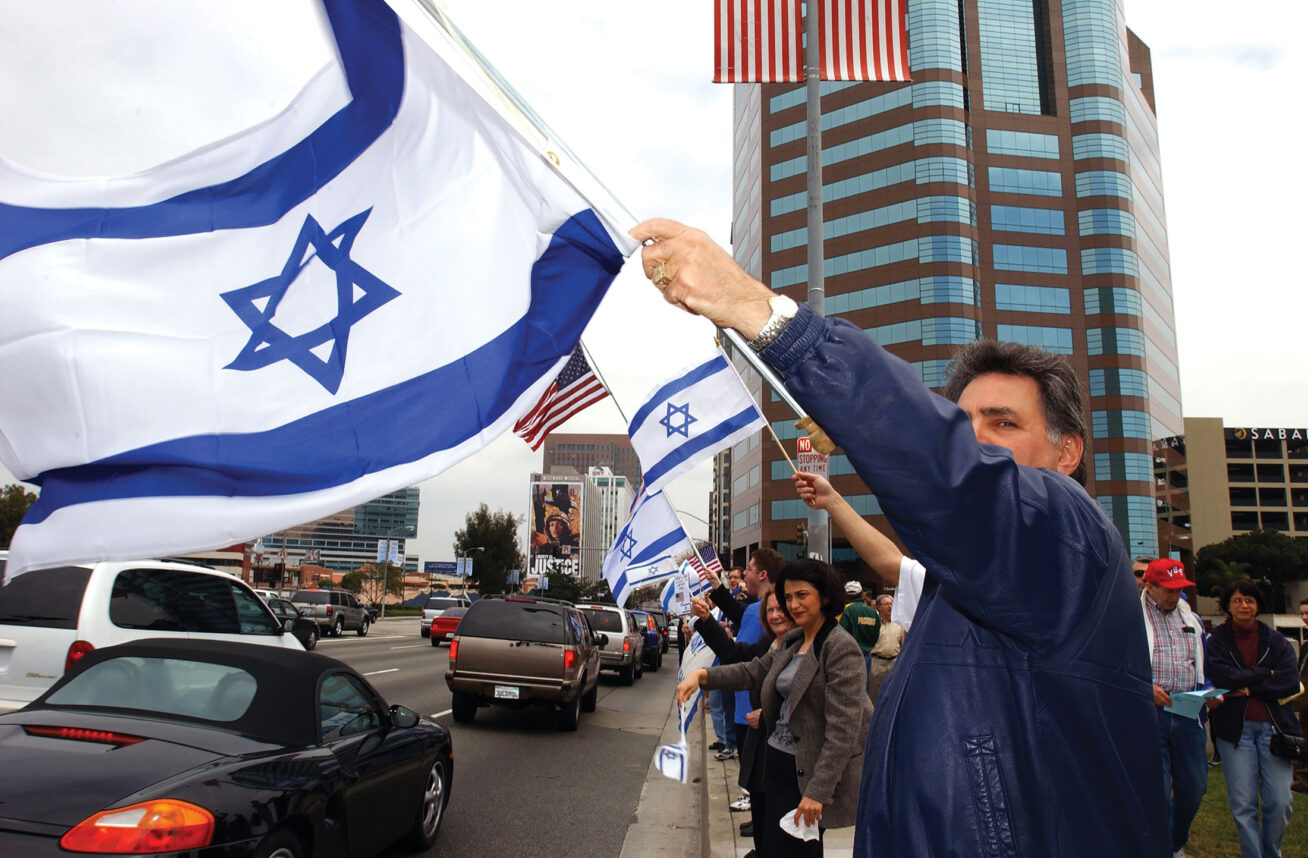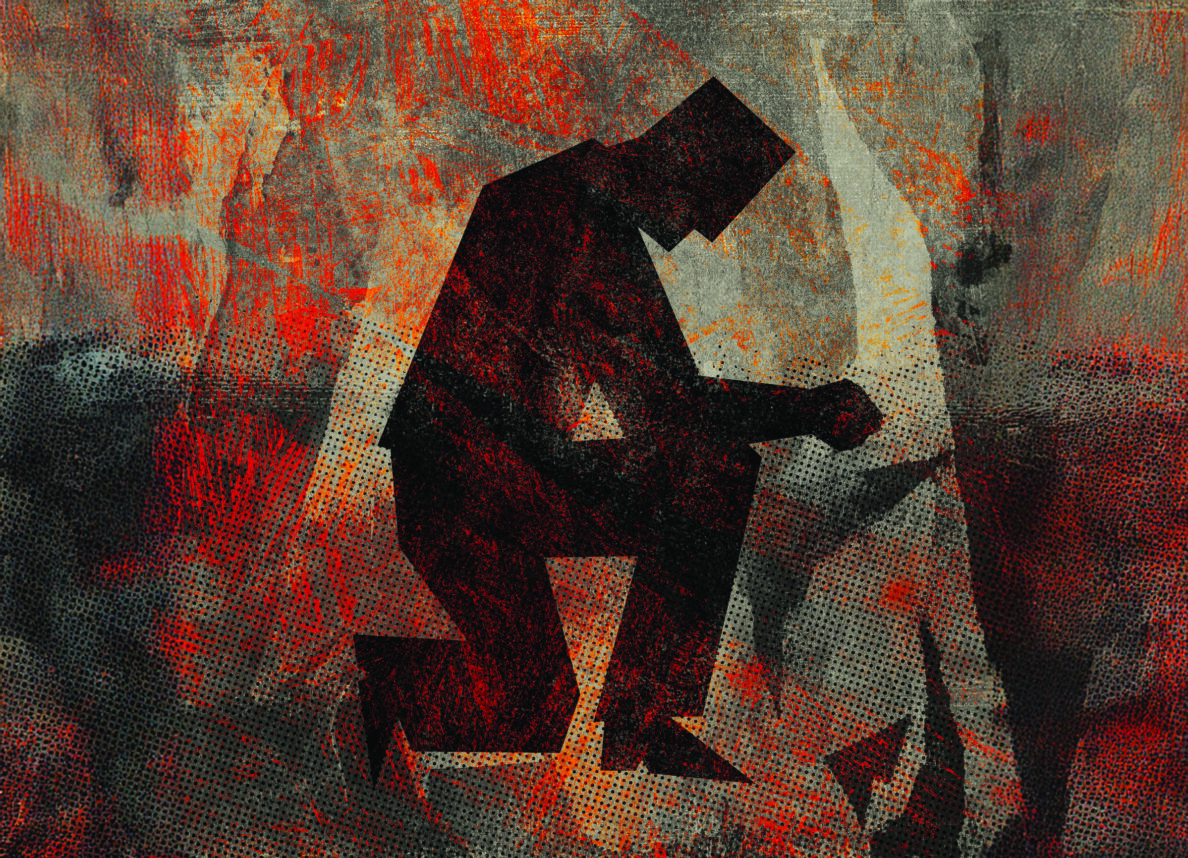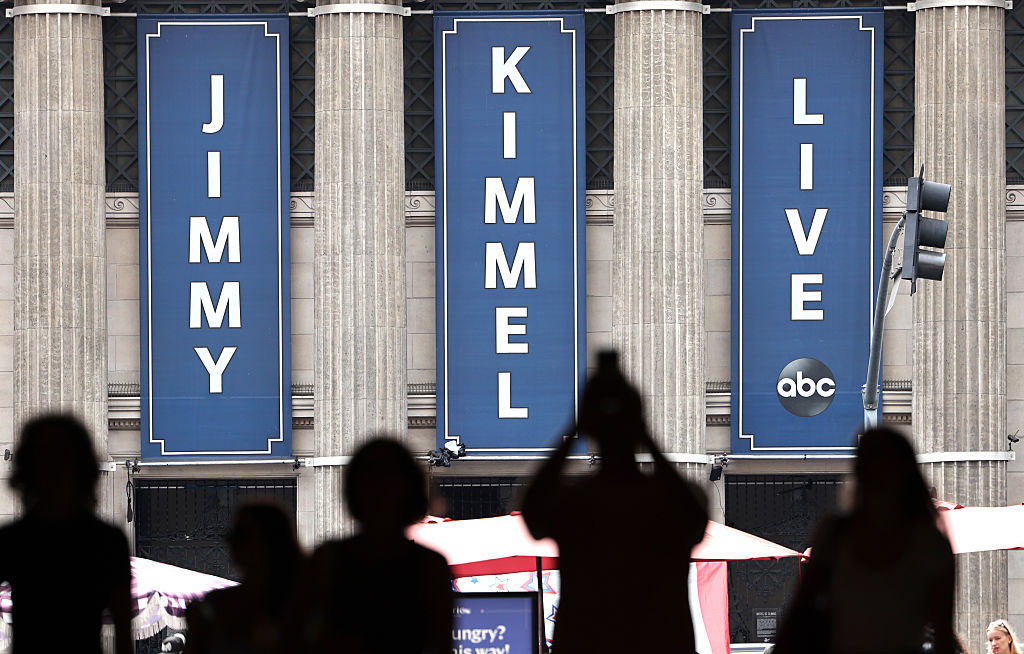Defining a particular incident or event as an instance or case of anti-Semitism is open to interpretation and discussion,” Barry Kosmin and Ariela Keysar write in a new study titled “National Demographic Survey of American Jewish College Students 2014: Anti-Semitism Report.” Indeed, the first thought that comes to mind after reading this report is that anti-Semitism, much like other things, is a matter of geography. The American version of anti-Semitic incidents on campus is called “anti-Semitism,” but is not at all like the “anti-Semitism” in France or Sweden. It is disturbing — not alarming. It is depressing — not frightening.
The study focuses on one question: “Although different people have different views as to what constitutes anti-Semitism, would you say that you have witnessed or personally been subjected to anti-Semitism in any of the following contexts since the beginning of the academic year …”
Well, in this survey many Jews did.
Of course, it is possible they are being too sensitive and that they see anti-Semitism where it doesn’t exist, or where it does exist but is insignificant. The authors themselves carefully suggest that there is a sensitivity element to be factored in: “American Jewish students have had their consciousness raised about anti-Semitism by their educational and travel experiences. … This cultural exposure has created a situation whereby Jewish students have a historical awareness and sensitivity that is lacking in general American society and more sadly among university administrators.”
Or maybe American campuses are less hospitable to Jewish students than many have believed them to be. “A majority (54 percent) of Jewish students in the sample reported having been subject to or witnessing anti-Semitism on their campus,” the report says. Unfortunately, “there was … no attempt to inquire about the perpetrators,” so we don’t know much about the context of the offences described by students.
Or maybe this survey — that “cannot claim to be a fully representative national random sample” — was somehow good at capturing the population that suffers most, or is most sensitive, of all Jewish groups.
The study cannot point to a certain group that suffers more than others from anti-Semitic harassment. Orthodox and Reform, male and female, those who are open about being Jewish on campus and those who are not open about it — all report similar levels of anti-Semitism. But there is one striking gap between two groups of victims: Supporters of the American Israel Public Affairs Committee (AIPAC) report a much higher frequency of incidents than supporters of J Street, 73 percent to 49 percent, respectively. And while 49 percent for J Street supporters is still high, the authors rightly remark that this finding “could be interpreted to support the notion that campus anti-Semitism has a political element.”
It could mean such a thing in at least two very different ways:
AIPAC supporters are much more sensitive — or paranoid — about anti-Semitism and are hence more aware of insults, or maybe they tend to interpret events more suspiciously. Of course, this could be the reason they are more drawn to AIPAC to begin with, or it could be the result of their involvement with an organization that highlights Jewish struggles against enemies.
Alternatively, perhaps AIPAC supporters are more involved in activities that draw anti-Semitic responses, such as rallies, events or public talks that focus on Israel. If a J Street supporter is usually more ambivalent about Israel and tends to sit on the fence or even demonstrate unease with Israel in tense times — as is the case with many J Street supporters — and if anti-Semitic incidents are often Israel-related — we don’t know that from the study, but we do have anecdotal information that suggests this is a possibility — then it is clear why an AIPAC supporter is going to feel the heat much more than a J Street supporter.
The authors ask: “Why do many members of a socially integrated Jewish student body feel that they are under hostile attack?” The report raises the question, but is too thin to provide an answer. “This report suggests a need for a detailed in-depth investigation of the problem we have discovered,” the authors write. Clearly, the most important information that is still lacking concerns the perpetrators of offences and their motivations. Is the anti-Semitism reported a simple case of insensitivity and ignorance among non-Jewish students? Is it political in nature? Or maybe it is the Jews who should take a deep breath and relax instead of interpreting ordinary insults as anti-Semitic?


































